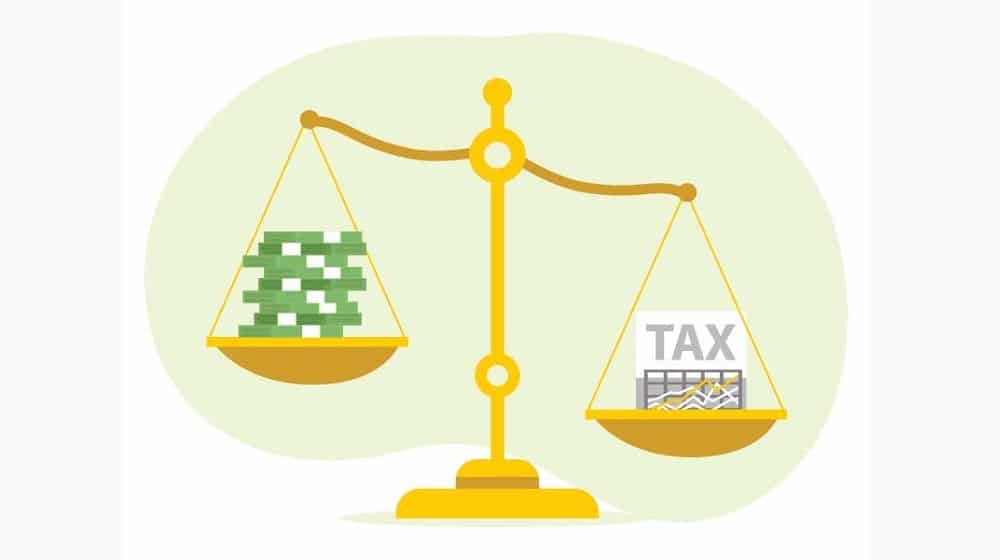The federal government under the economic revival plan may impose wealth tax on movable assets.
This has been disclosed in the Monthly Economic Monthly Update & Outlook for September 2023 published by the Ministry of Finance on Thursday.
The report states that the government under the economic revival plan will focus on revenue enhancement strategies including tax revisions in sectors like retail, agriculture, and real estate, alongside a wealth tax on movable assets, as deemed appropriate.
In addition, tax exemptions worth billions will be limited to essential sectors only like food and medicine whereas austerity measures to rationalize government expenditures, along with a review of subsidies and grants are also on the cards.
The government will also review the development plan and emphasize public-private partnership (PPP) projects besides compliance with quarterly budget targets and IMF agreements, including tax collection and debt liabilities.
Furthermore, the government under the proposed plan will also focus on the 5Es framework (Exports, Equity, Empowerment, Environment, and Energy) in order to address socio-economic challenges and to encourage export expansion and business facilitation.
According to the Finance Division, the use of Information Technology to digitize the economy and expand the tax net is also on the cards.
The proposed plan also includes State-Owned Enterprises (SOEs) reforms including an SOE policy to be enacted while Central Monitoring Unit (CMU) and SOE performance reports will also be prepared while focusing on the implementation of a Treasury single account (TSA), remittance incentives, energy conservation, and price controls.
The Privatization Commission will also privatize selected Public Sector Enterprises using various modes. Initiatives include assessing privatization options for DISCOs, restructuring options for PIA-CL, and unbundling studies for SNGPL and SNGPL will also be conducted.
On the other hand, the government under the proposed plan will reduce corporate taxes in order to improve non-bank finance and promote the capital market.
For Export enhancement, implementation of Weighted Average Cost of Gas (WACOG), operationalization of EXIM bank, and faster clearance of sales tax refund are priority short-term measures.
Moreover, short-term initiatives will also be introduced for business facilitation and promoting investment, to be taken by the Board of Investment, including the Asan Karobar Plan (establishing central e-registry, development of Pakistan Business Portal, National Regulatory Delivery Office).
Under the plan, IT exports will be boosted through training, a Startup Pakistan Program, and policy interventions. In telecommunications, reforms aim to foster growth and introduce 5G technology.
In Maritime affairs, initiatives include reducing freight charges, enhancing ship recycling, developing port master plans, and revitalizing the fisheries sector. Pakistan Railways to focus on governance, private sector participation, technology, and digitalization.
The National Highways Authority (NHA) will restructure resources, focus on maintenance and optimization, and seek private-sector financing. The Petroleum Division will implement price reforms and attract foreign investment, along with other initiatives.
In the Power sector, short-term actions include an anti-theft campaign, cost reduction through solar initiatives, and renegotiating IPP agreements.





















